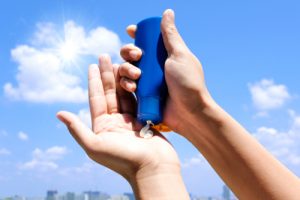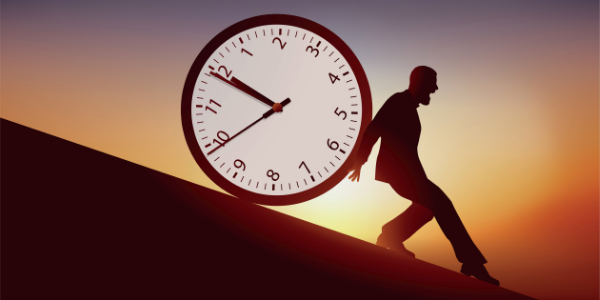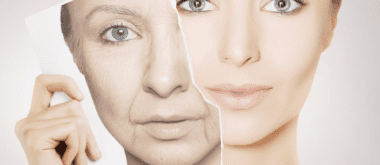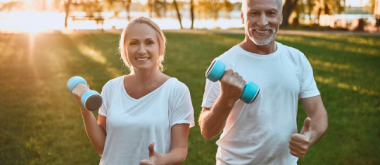Getting older is both a blessing and a curse. Of course, you have wisdom and knowledge that comes with life experience. However, there are downsides to aging, like cell degeneration and weakened bodily functions.
Your skin is one of the first indications of the turmoil going on within your body. When you notice your skin cells wrinkling, this is a sign that your DNA is aging and not functioning at its peak. The health of your cells determines the health of your DNA.
While there is no official fountain of youth, there are lifestyle changes you can make that benefit your DNA and slow the aging process. Here’s a list of tips on how aging can be reversed.
How Aging Can Be Reversed with Lifestyle Changes

As you get older, your skin cells are naturally weaker, which increases your vulnerability. By wearing sunscreen, the ultraviolet rays have a harder time penetrating and damaging your skin.
Another effective anti-aging solution is physical activity. Exercising is good for both physical and mental wellness. When you work out, you increase blood flow to your brain and serotonin levels.
In addition to increased blood flow and serotonin levels, exercising also improves your immune system. Obviously, your DNA won’t be the same as your teenage years. However, a recent study showed that senior citizens that exercised regularly reportedly had health up to 30 years younger.
Health experts recommend doing HIIT exercises, which involves 45 seconds of intense exercise with 15 second resting periods. Some common HIIT exercises you can do include jumping jacks, push-ups and high kicks. You can start with 10 minutes and gradually work your way up.
When you get older, sleep is even more essential to your overall health. Sleep helps with cell restoration as well as blood flow. Studies show that people who worked night shifts and regularly experienced sleep deprivation had higher percentages of DNA and cell degeneration.
In order to keep your cells healthy, you should be getting at least seven to nine hours of sleep every night. If you still feel fatigued, try incorporating a nap whenever possible.
As many people know, the foods you eat serve as the building blocks of your body. Certain foods also contribute to cell regeneration and slow the aging of existing cells. For instance, papaya is a vitamin and mineral-rich fruit that has anti-aging properties. It also contains antioxidants, which minimize free radical cell damage.
Papayas have an enzyme called papain, which reduces inflammation and makes the skin appear younger. Another food that reduces signs of aging is blueberries. In addition to their antioxidant content, they also have anthocyanin.
Anthocyanin reduces stress-related inflammation, collagen loss, as well as protects your skin from UV ray damage. Broccoli, nuts, spinach and avocados are foods that provide similar anti-aging benefits.
Although smoking and drinking are legal, they do take a toll on your body and appearance. When you drink, the alcohol penetrates all of your cells and causes damage and inflammation. Since your liver naturally repairs damaged cells slower than when you’re young, you further hinder this process when you drink alcohol in excess.
The same applies for cigarette smoke. Smoking cigarettes or inhaling secondhand smoke reduces your lifespan. It also damages cells and creates health conditions like cancer. If you want to heal your cells, the best thing for you to do is quit smoking altogether.
Looking and feeling younger as you age biologically doesn’t have to be difficult. By taking control of your wellness, you’ll live a longer, more fulfilling life. If you have any underlying health conditions, speak to a physician prior to performing certain physical activities. Also, address any dietary changes and how they impact your medication intake.





